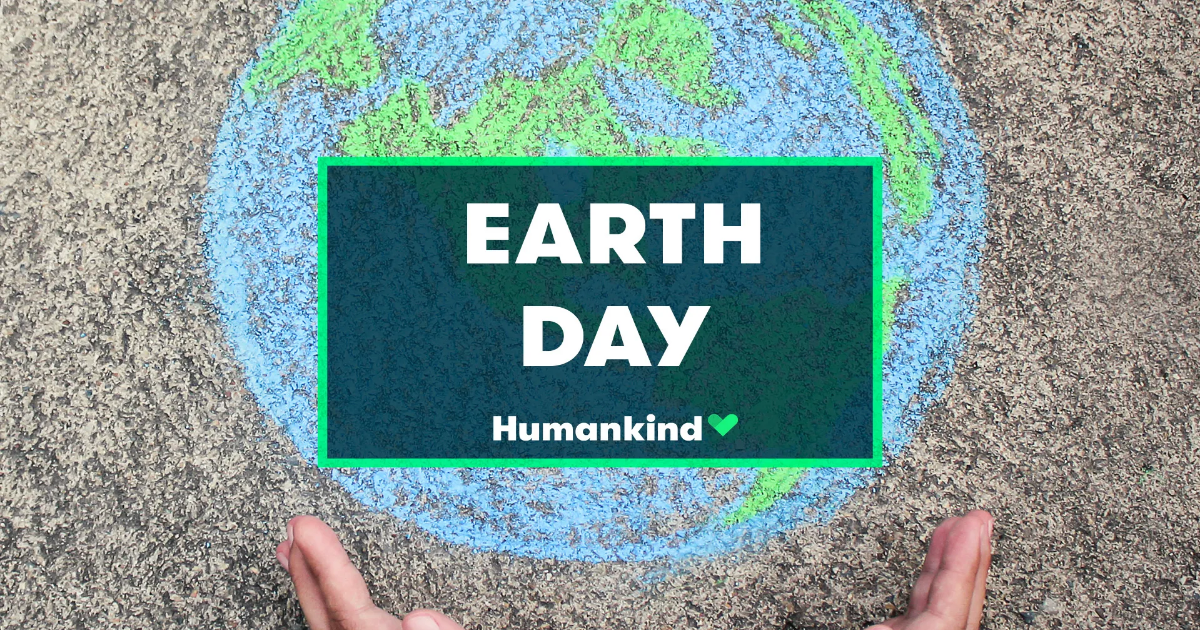
There’s no place like home, as the saying goes. And on April 22 each year, we’re invited to celebrate our home by observing Earth Day.
From a woman tackling waste by creating meals for the hungry from surplus food to a conservation group dedicated to rescuing and releasing sea turtles, to a community garden that lets low-income people pick produce for free, these heartwarming stories are all about enhancing the world we live in.
Watch the video below to see one woman’s mission to cut food waste
Jasmine Crowe’s mission to combat hunger ingeniously matches supply with demand. As the founder of Goodr, she came up with the idea of creating healthy, nourishing meals from surplus food that might otherwise be tossed away by food venues such as restaurants, airports, sports arenas, or even wedding receptions. Her business model is simple — collect surplus food from those who have it and get it to those who need it, free of charge.
Watch the video below to see an environmental group release 100 baby sea turtles into the ocean
Need a break? Play the USA TODAY Daily Crossword Puzzle.
Sea Turtle Conservation of the Pacific is focused on protecting nesting beaches, rescuing and rehabilitating turtles, and combating environmental threats like climate change and pollution. To protect a batch of sea turtle eggs from possible poachers, the group rescued them and hatched them in a lab before releasing 100 baby sea turtles into the ocean.
Watch the video below to see an urban garden where the produce comes for free
Kula Urban Farm grows fresh produce in the city for sale to local restaurants and residents, but neighbors are also invited to get that same food for free! Called the ‘Farm Without Borders,’ the project is not only a valuable resource for low-income people in the area but also an example of sustainable farming that promotes a sense of community.
Earth Day was created in 1970 by Gaylord Nelson. The senator from Wisconsin organized nationwide college teach-ins with the help of a young activist named Denis Hayes. The teach-ins raised awareness about environmental issues as part of a wider conservationist movement.
In 1990, Earth Day fittingly went global and is currently observed in more than 190 countries, with an estimated one billion people taking part in activities such as environmental cleanups, tree plantings, educational campaigns, and climate action.
As with any environmental discussion, the views championed on Earth Day can be polarizing and controversial. But there’s one indisputable fact: we’ve only got one planet. So, whatever methods we choose, it’s in our best interests to take care of it.
Humankind is your go-to spot for good news! Click here to submit your uplifting, cute, or inspiring video moments for us to feature. Also, click here to subscribe to our newsletter, bringing our top stories of the week straight to your inbox.



